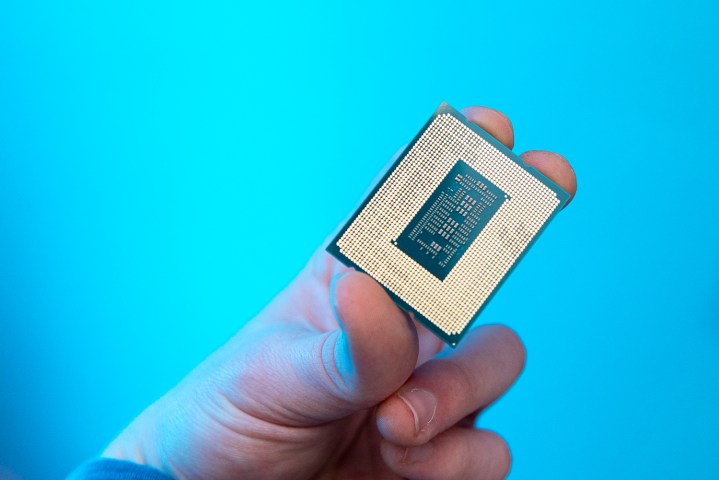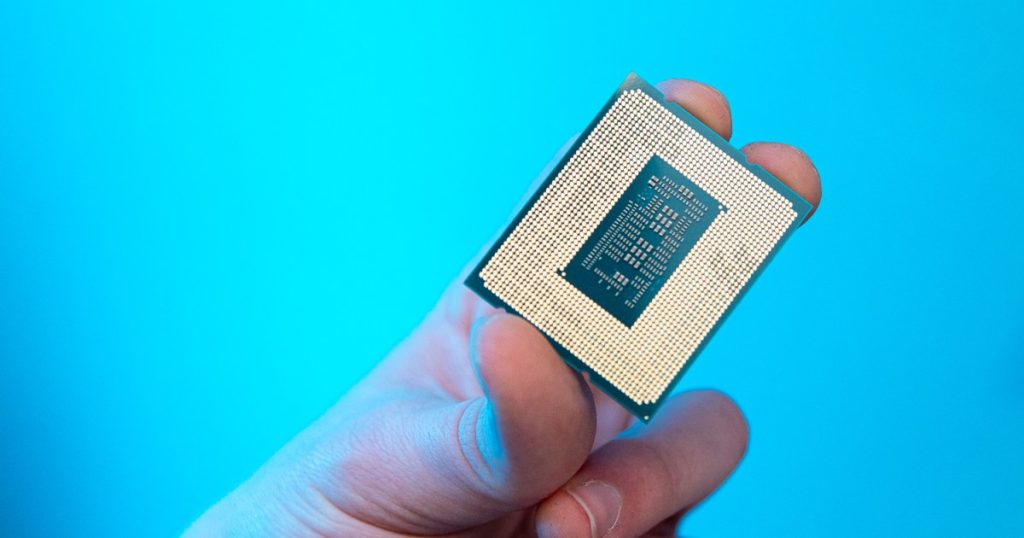
Reports of instability on high-end Intel CPUs like the Core i9-14900K have been increasing in recent weeks. Asus responded by releasing a BIOS update for its Z790 motherboards to address the issue. However, the update comes with a performance loss of up to 9% in certain workloads.
The latest BIOS update from Asus introduces the Intel Baseline Profile, which disables some optimizations on Z790 motherboards to run high-end Intel CPUs within Intel’s specified limits. Testing by Hardwareluxx revealed a 9% decrease in CPU performance in various tests.
For example, in Cinebench R23, performance dropped by 9% with the Intel Baseline Profile. Y-Cruncher showed an 11% decrease in performance, and some games like Starfield, Shadow of the Tomb Raider, and F1 2023 exhibited an 8% performance decrease at 720p (which might not be noticeable at higher resolutions).
Get your weekly teardown of the tech behind PC gaming
The instability issue seems to stem from the unlimited power budget available to high-end Intel CPUs on certain motherboards. With the proper BIOS settings, the maximum turbo power available to a chip like the Core i9-14900K is 4,095 watts, allowing the chip to draw as much power as needed for brief bursts, even if it leads to a crash.
These settings align with recommendations from experts regarding BIOS adjustments. While Asus has released a BIOS update in response to Intel’s investigation, it remains unclear if other motherboard vendors will follow suit.

The performance drop only affects users utilizing enhancements on Asus Z790 motherboards. Users may have unknowingly been using these enhancements by default, potentially causing instability. Applying the Intel Baseline Profile without changing BIOS settings may result in slower CPU performance.
Fortunately, gaming performance should not be significantly impacted. The performance drop primarily affects other applications, while the instability addressed by this BIOS update mainly manifests in games. While not an ideal trade-off, it aims to resolve crashing issues for Core i9-14900K owners.
The extent of the problem with Intel’s high-end CPUs remains unclear. Currently, the Core i9-13900K and Core i9-14900K appear to be the most affected, with the Core i7-13700K and Core i7-14700K experiencing lesser instability issues. Some Intel CPUs may not encounter any problems at all.
Editors’ Recommendations


